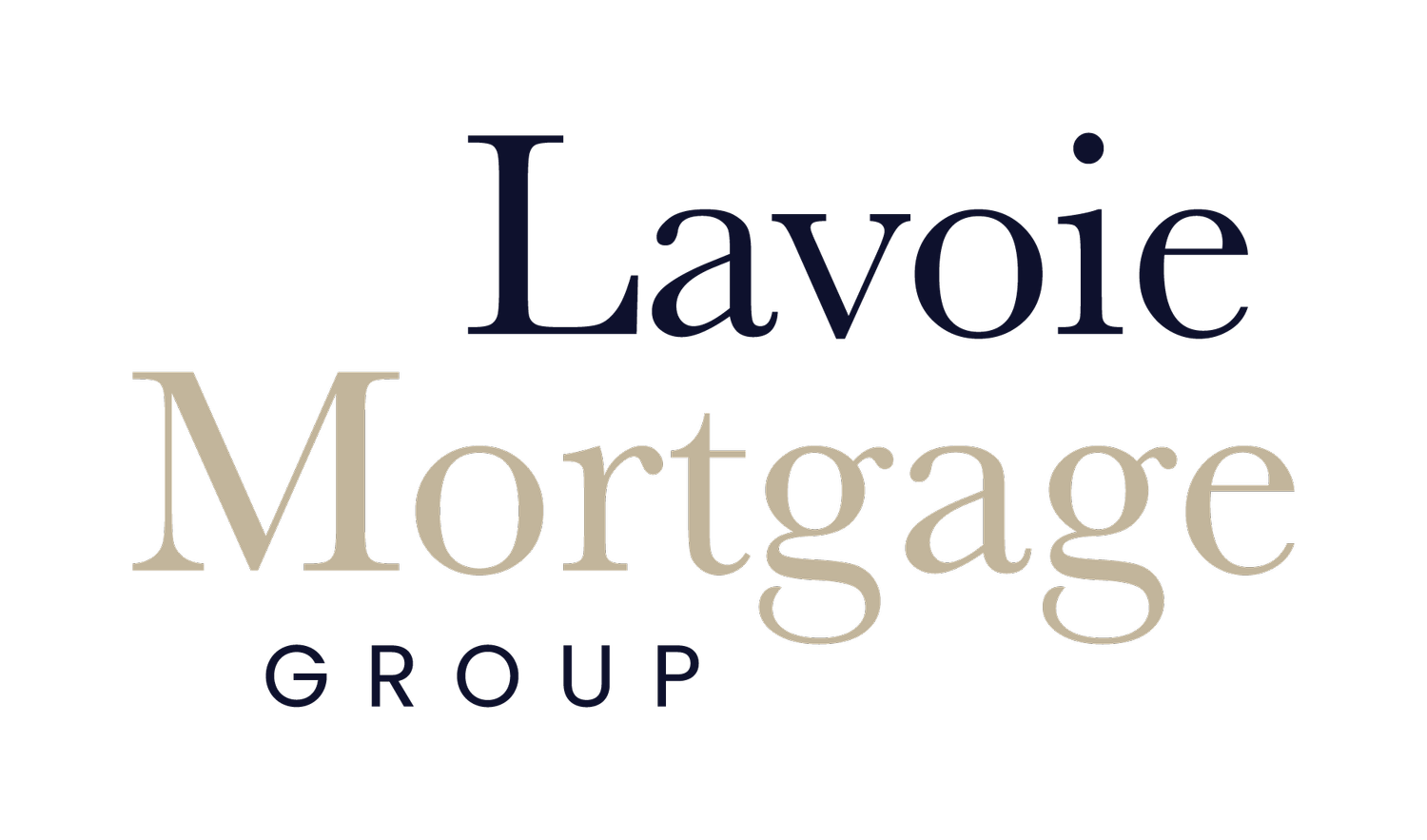Poor Credit? I Can Help!
A Solution Suitable For You, Even If You Don’t Have The Greatest Credit
Private Equity Mortgages and Alternative Lenders are used for those who are looking to use the equity in their home. Many people use Equity Mortgages when they are in financial hardships. These hardships can be caused by many series of events or just one but ultimately they lead to damaging credit scores. This is where the Equity Mortgages come in, they loan the borrower money so they are able to get through their hardship at a lower interest rate then let say credit cards.
Each lender varies with their interest rates, costs and policies. Below you will find out more information about what these can entail. If you have any questions or want to discuss if this is the best option for you, simply fill out my contact form and we can chat!
The Interest Rates for Private Equity Mortgages
There are many factors that go into consideration when it comes to your interest rate with a Private Lender. The factors can be things such as your loan-to-value ratio of the mortgage, the location of the property, and the position of the mortgage (1st, 2nd, 3rd mortgage). These rates can be anywhere from 6%-16% depending on the variables. Although they seem relatively higher than Conventional Mortgage rates, they tend to be lower than credit cards and car loans. Some lenders will also allow for a longer amortization or interest-only payments to alleviate borrowers so they don't feel such financial stress.
The Costs for Private Equity Mortgage
Private Equity Mortgages tend to cost more than Conventional Mortgages. These are the fees that tend to be attached with a Private Equity Mortgage.
Lender Fees: usually between 0% - 10%. This depends on the complexity of the loan.
Mortgage Broker Fees: usually between 0% - 10%. Again this depends on the complexity of the loan.Appraisal Fee: To determine how much equity is in the home an appraisal is required and paid by the borrower.
Legal Fees: This varies quite a bit, as the borrower would be covering the cost of their own legal fees as well as the lenders.
Legal Retainer / Standby Fee: This is a fee some lenders will require. It is an amount of money paid to the lenders Solicitor ahead of time. However, the amount that is paid will go to the legal fees at the completion of the transaction. If for any reason the borrower backs out and decides not to proceed with the mortgage, the amount paid will not be refunded.
*Each Lender is different, therefore the fees will vary.
If there is enough equity in the home, you may be able to include the fees in the new mortgage. The only fee that would not be able to be absorbed into the mortgage would be the appraisal fee as this will need to be completed prior to funding to determine the market value of the property.
Let’s see if this suits you!
